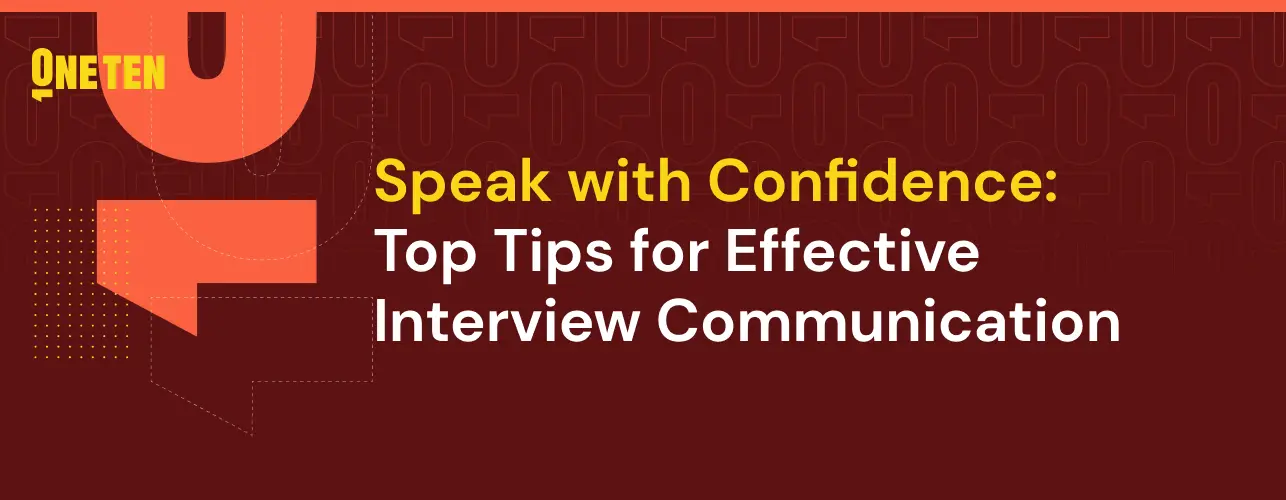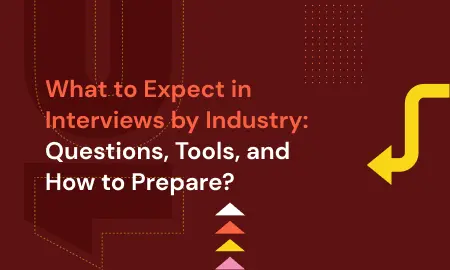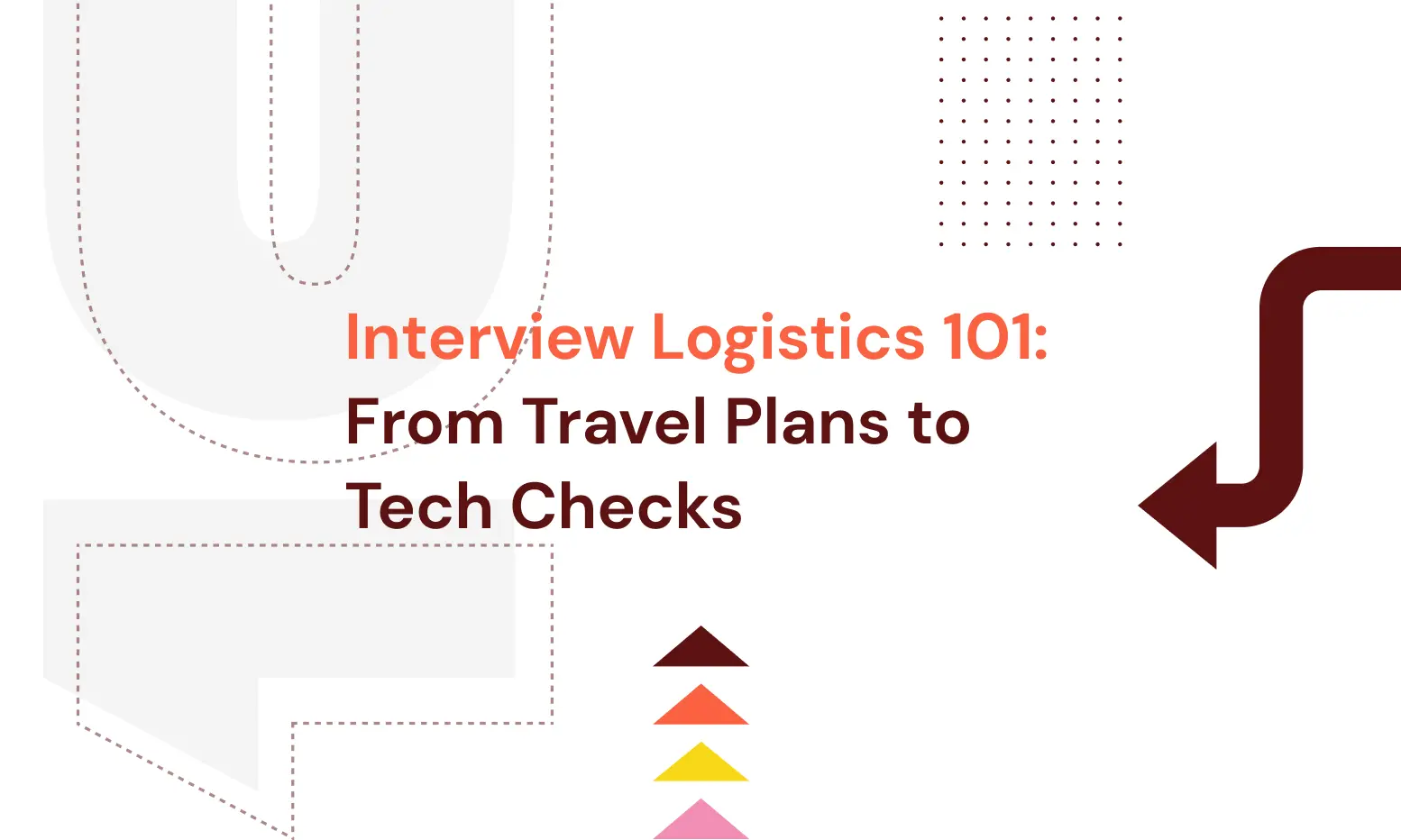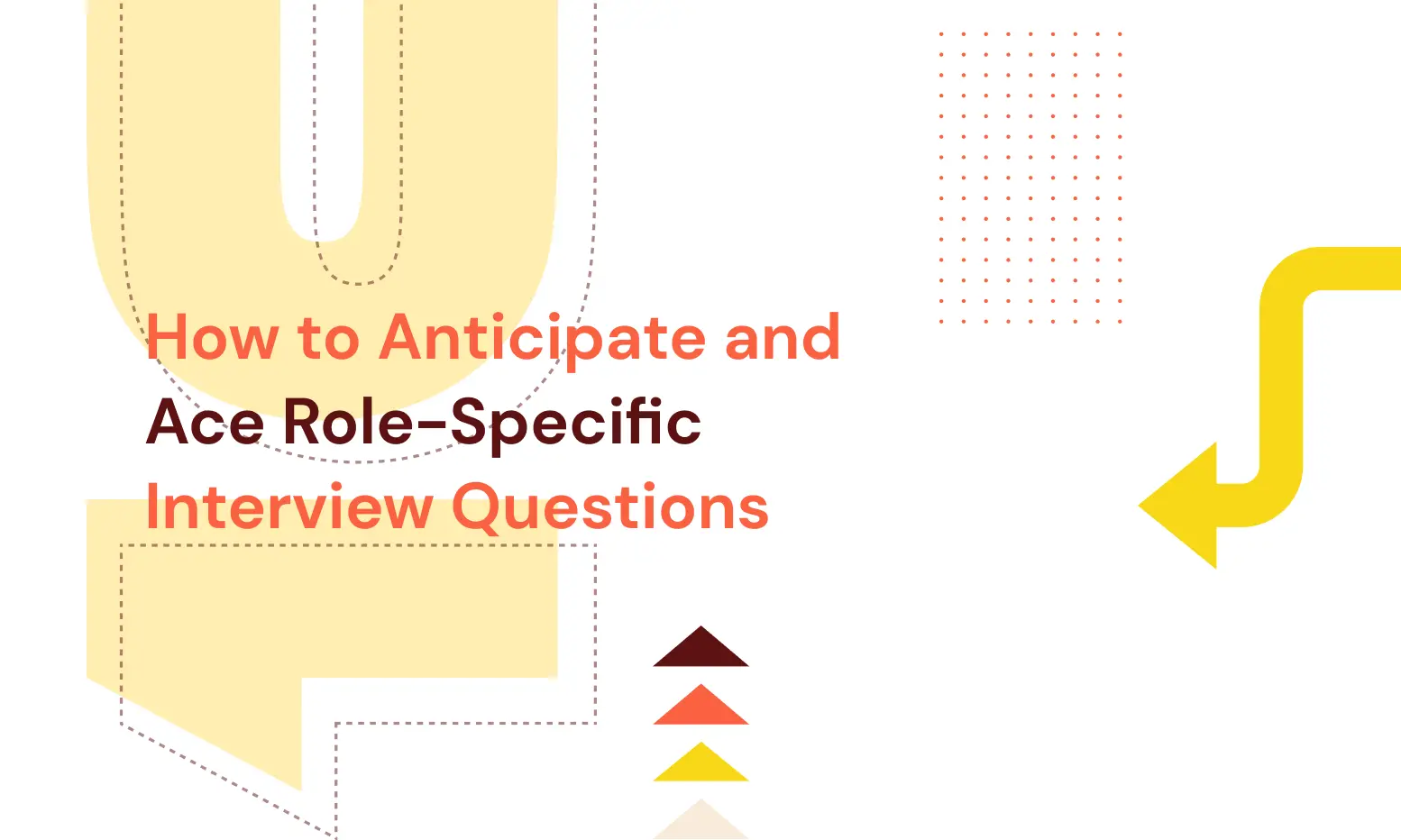Speak with Confidence: Top Tips for Effective Interview Communication

Understanding the Importance of Effective Communication in Interviews
Strong communication is one of the most in-demand skills across industries, and it’s especially critical in interviews. Being able to clearly express your skillset and ideas shows that you’re confident, prepared, and ready to contribute.
But communication isn’t just about talking. It’s also about listening. Engaging thoughtfully in a two-way conversation helps you understand what the interviewer is really looking for and gives you the chance to tailor your responses in real time. That kind of interaction helps build trust and sets you apart from other applicants.
How to Highlight Your Strengths Through Clear Communication
One of the best ways to show your value is by communicating your strengths with confidence and clarity. Start by identifying 2–3 skills or accomplishments that align directly with the job description. Then, practice talking about them in a way that feels natural and conversational. Be specific. Instead of saying, “I’m a great problem solver,” say, “In my last role, I noticed a recurring issue with late shipments. I developed a new tracking process that reduced delays by 20%.” This approach not only shows what you’ve done—it proves that you can think critically and deliver results.
Aligning Your Experience with the Role Through Storytelling
Storytelling can make your experience more relatable and memorable. Use the challenge-action-result format to walk the interviewer through a real-life scenario that demonstrates your skills. For example, if the role calls for leadership skills, share a story about how you led a team project, delegated tasks, and ensured everyone stayed on track. Wrap it up with the outcome: did you meet a goal, finish early, or receive positive feedback? These types of stories bring your resume to life and show how you can contribute to future success.
Body Language: The Unspoken Part of Communication
What you say is important—but how you say it matters just as much. Your body language sends powerful messages during an interview, often without you realizing it. Sit up straight. Make eye contact. Offer a genuine smile. These small signals communicate confidence and professionalism. Avoid crossing your arms or fidgeting, which can make you seem unsure or uncomfortable. Open, intentional gestures can help reinforce your message and make a positive, lasting impression.
Practicing Active Listening to Build Real Connections
Active listening is just as critical as speaking well. It shows that you’re engaged, respectful, and genuinely interested in the role.
To practice active listening:
- Stay focused on the interviewer (avoid interrupting or jumping in too quickly)
- Nod or give verbal cues like “I see” to show engagement
- Ask clarifying questions
- Repeat or summarize what you heard before responding
This not only shows maturity and professionalism but also positions you as someone who collaborates well—a major asset in any job.
Final Thoughts: Communication Is a Learnable Skill
Effective communication doesn’t require a college degree—it’s a learnable skill that can open doors across industries. Whether you’re preparing for your first interview or aiming to level up in your career, the way you speak, listen, and connect with others will set you apart. Want to keep building your skills? Explore more free tools and tips on the OneTen Career Marketplace.
You Might Be Interested In ...

What to Expect in Interviews....
Nervous about interviews? Learn what questions to expect by industry and how to prepare with support from OneTen.

Interview Logistics 101: From Travel....
Ace your next interview with this checklist—covering travel, tech, prep, and follow-up tips for in-person and virtual interviews.

How to Anticipate and Ace....
Want to ace your next interview? Learn how to anticipate and prepare for role-specific questions tailored to your industry—so you can impress employers and land the job.